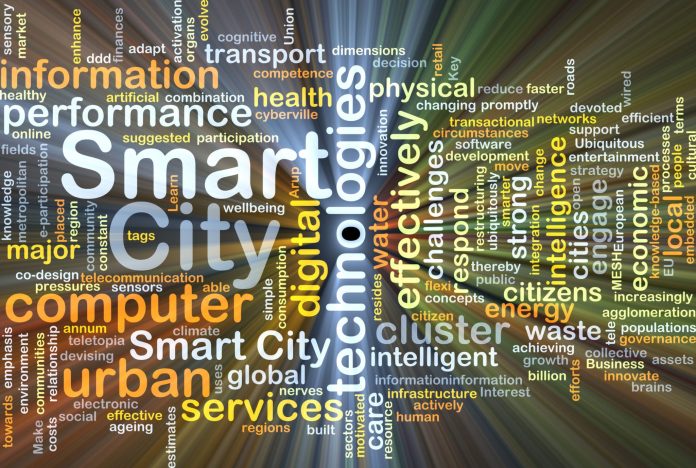In increasingly congested and crowded cities, timely information and communication can be the difference between deadlock and dynamism
Until recently, smart city solutions often seemed more like “slideware” than real services to improve the quality of life of citizens and the productivity of urban businesses. But the falling cost of connectivity and computing power is finally enabling municipalities to deploy innovative solutions that promise to tackle some of the thorny challenges they face.
In our research for an in-depth report into the evolution of the smart city, and an associated webinar, we came across five very smart ways to harness the “internet of things” to enrich urban living.
Smoother bus travel: Bus passengers in the picturesque tourist destination of Yinchuan, China, can now pay their fare via face recognition – they simply look at a camera as they board the bus, said Carl Piva, VP of strategic programs at TM Forum, who visited Yinchuan in 2015.
Smarter assisted living: Bristol city council is working with the local university to improve the quality of life of elderly people occupying assisted-living homes. The project involves the development and deployment of a large number of low-power sensors throughout a pilot house: in the shower, the kitchen, the floor and many other places. These sensors are designed to detect a fall, an accident, or a change in behavior that might indicate the occupant has a problem, enabling care workers to prioritize which houses they visit. The next step is to put people in the pilot house to find out which sensors they consider the most intrusive, and which they regard as acceptable and ignorable. Once the pilot team has these insights, Bristol plans to scale up the solution to 50 houses, and then make a model that can be scaled up to thousands of homes.
Sharper waste disposal: Sensors can monitor when a garbage bin is full, and then use a wireless connection to relay that data back to the city’s waste disposal team. That information can be used to optimize the deployment of waste trucks and ensure bins don’t overflow. In fast-urbanizing China, the business case is particularly strong. As some new buildings are full and others half empty, the speed at which garbage bins fill up can vary dramatically.
Faster car parking: A connected sensor can monitor whether a specific parking space is empty or occupied, and that information can be aggregated and made available to drivers looking for a vacant lot. As a result, drivers spend less time seeking somewhere to park, congestion could drop, pollution can be reduced and the parking provider could introduce dynamic pricing in which parking charges surge at times of high demand (Uber-style) and then fall when there are many spaces available. Transport for London, for example, has introduced intelligent smart parking technology across its 61 car parks, which have approximately 10,000 spaces. The technology provides real-time information on space availability, which is accessible through smartphones and in-car navigation devices.
Quicker road travel: In February, Singapore announced it had awarded a $556 million tender to develop a next-generation electronic road pricing system to a consortium of NCS Pte and Mitsubishi Heavy Industries Engine System Asia. Singapore’s Land Transport Authority said the system will issue motorists with an on-board tracking unit to enable them to be charged according to the distance they travel on congested roads and whether they travel during off-peak periods. It’s set to be implemented progressively from 2020.

